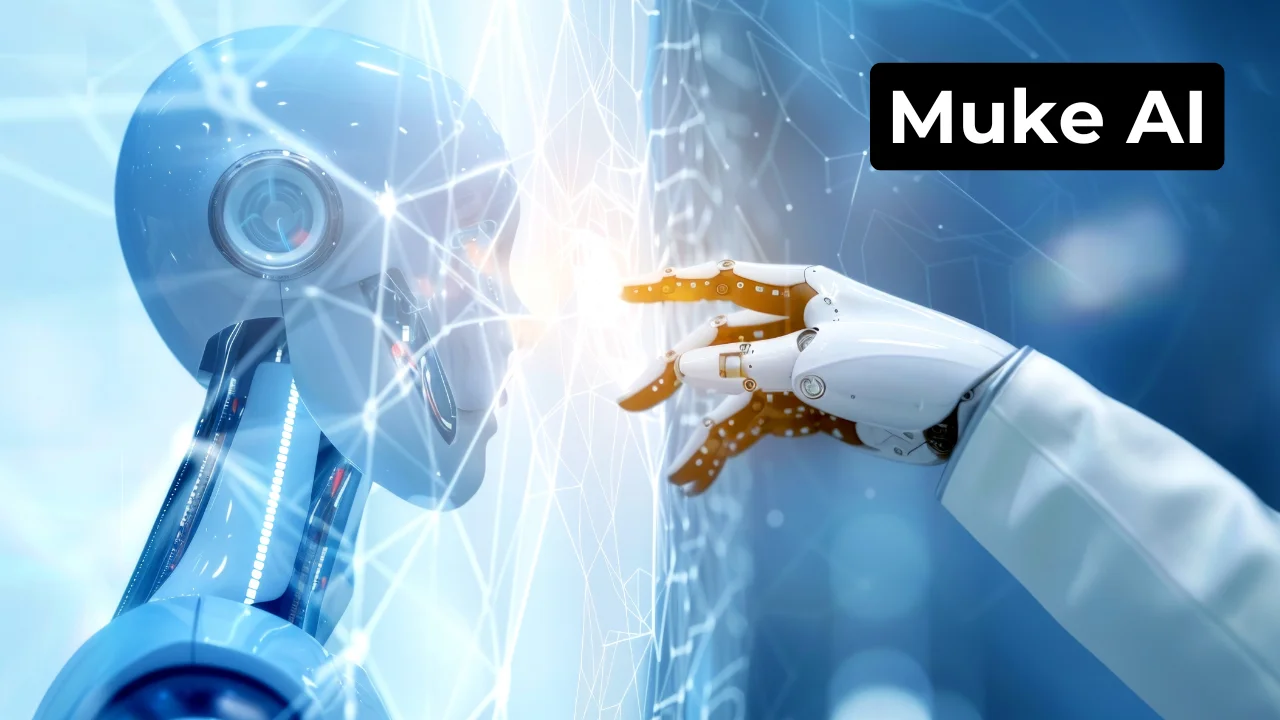In the intricate landscape of modern technology, quantum computing emerges as a titan, promising solutions to problems classical computers struggle with. But where does quantum truly outshine its classical counterpart? Let’s delve into the most demanding question, which problem is more effectively solved using quantum computing rather than classical computers?
How Does Quantum Computing Solve Complex Problems?

At the core, quantum computers differ from classical ones in their ability to handle and compute information. While classical bits are binary (0 or 1), quantum bits, or qubits, can exist in a superposition of both states simultaneously. This quantum parallelism allows for processing vast amounts of data simultaneously, unlocking massive quantum speedup.
What Are the Real-World Applications of Quantum Computing?
The real magic of quantum computing lies in its practical applications. Here are some areas where quantum reigns supreme:
- Quantum Simulation: Quantum computers can simulate physical, chemical, and biological systems with unparalleled precision. This can revolutionize drug discovery and material science.
- Quantum Optimization: Through quantum annealing, quantum machines can find solutions to optimization problems much faster than classical algorithms. This has implications in logistics, finance, and various industries.
- Quantum Machine Learning: With the ability to process vast amounts of data simultaneously, quantum computers can significantly speed up machine learning tasks, paving the way for AI advancements.
- Quantum Cryptography: In the age of data breaches, quantum cryptography offers unparalleled security. Quantum computers can potentially break certain types of encryption, urging the need for quantum-safe cryptographic methods.
What Is the Role of Entanglement in Quantum Computing?
One of the pillars of quantum mechanics is entanglement, a phenomenon where qubits become intertwined and can influence each other even if they’re miles apart. This is vital for quantum state manipulation and quantum gate operations, ensuring accurate and powerful computations.
Can Quantum Computing Simulate Physical Systems More Efficiently?
Absolutely! By leveraging quantum parallel processing and quantum tunneling, quantum computers can simulate complex systems like weather patterns, molecular structures, and even black holes, with a degree of accuracy that classical computers can’t achieve.
What Are the Challenges in Building Practical Quantum Computers?

Like any new technology, quantum computing isn’t without its hurdles. Quantum error correction is essential to counteract the inherent instability of qubits. Moreover, achieving quantum supremacy—where quantum computers outperform classical ones in practical tasks—is a significant milestone still in the works.
How Do Quantum Algorithms Differ from Classical Algorithms?
Quantum algorithms leverage the principles of superposition, entanglement, and interference. This allows them to solve problems like factoring large numbers or searching unsorted databases more efficiently than classical algorithms.
Explain the Concept of Quantum Advantage in Computing
The term quantum advantage refers to the point where quantum computers perform tasks more efficiently than classical machines, not just in theory but practically. This doesn’t mean classical computers become obsolete. Instead, it indicates that for specific problems, turning to quantum solutions might save significant time and resources.
How Does Quantum Cryptography Enhance Security?
In today’s digital age, cybersecurity is paramount. Quantum cryptography harnesses the principles of quantum mechanics, especially quantum entanglement, to create unhackable encryption. If a third party tries to intercept quantum-encrypted data, the data changes due to the very nature of quantum mechanics, making eavesdropping detectable and futile.
Are There Limitations to Quantum Error Correction?
Quantum computing’s power is undeniable, but it comes with unique challenges. Qubits are sensitive and prone to errors. Quantum error correction techniques can correct these errors. However, they require additional qubits for correction, which can be resource-intensive. It’s a field of active research, aiming to make quantum computers more reliable without exponentially increasing resource needs.
How Do Quantum Gates Enable Computation in Quantum Computers?
Classical computers use logic gates to perform operations on bits. In the quantum world, quantum gates operate on qubits. These gates manipulate the quantum state of a qubit, allowing it to perform calculations. Given the probabilistic nature of qubits, quantum gate operations are pivotal in ensuring accurate computations.
Explain Quantum Annealing and its Applications
Quantum annealing is a quantum algorithm that finds the minimum value of a function. This technique is crucial for optimization problems. Industries ranging from finance to logistics use optimization to streamline operations. With quantum annealing, solutions can be derived faster and more efficiently than traditional methods.
How Can Industries Leverage Quantum Computing Advancements?
The impact of quantum computing isn’t confined to academia; industries stand to gain immensely.
- Finance: Portfolio optimization, fraud detection, and high-frequency trading can be significantly enhanced.
- Healthcare: From drug discovery to genome sequencing, quantum computers can expedite research and treatment methodologies.
- Logistics: Optimizing routes, inventory management, and supply chain logistics can see vast improvements.
- Energy: Quantum computing can lead to more efficient energy storage solutions and optimize power grid management.
What Are the Implications of Achieving Quantum Supremacy?
Quantum supremacy, a point where quantum computers outdo classical machines in practical tasks, has vast implications. It’s not just a testament to quantum’s prowess but signals the dawning of a new computational era. With quantum supremacy, industries will pivot towards quantum solutions for complex problems, leading to faster innovations and ground-breaking discoveries.
FAQs: Dive Deeper into Quantum Computing
Is quantum computing a threat to classical computing?
No. Both have their unique advantages, and for many tasks, classical computers will remain the go-to choice.
How does quantum parallelism speed up computation?
It allows quantum computers to compute multiple possibilities at once, drastically reducing computation time.
Are there quantum algorithms for optimization problems?
Yes, algorithms like Grover’s and Shor’s can solve certain optimization problems faster than their classical counterparts.
Can quantum computing solve problems in drug discovery?
By simulating complex molecular interactions, quantum computers can aid in discovering new drugs and treatments.
What quantum computing languages or frameworks exist?
There are several, including Qiskit by IBM, QuTiP, and Google’s Cirq.
Also Read: Which Situation is a Current Example of a use Case in Quantum Computing?
Conclusion: The Quantum Revolution
Quantum computing isn’t just a buzzword—it’s the next frontier in technology. With its ability to solve complex problems with efficiency unparalleled by classical machines, the quantum era is poised to reshape industries, advance scientific research, and redefine our technological capabilities. The future is quantum, and the possibilities are endless.
In closing, we trust that this article has not only addressed your queries regarding “Which Problem is More Effectively Solved Using Quantum Computing Rather than Classical Computers?” but has also sparked a deeper curiosity, encouraging you to delve further into this fascinating subject.

A captivating wordsmith and dynamic blogger. With her pen as her wand, she weaves enchanting tales and thought-provoking insights that leave readers spellbound. Embrace the magic of her storytelling prowess and embark on an unforgettable literary journey with this talented writer.





